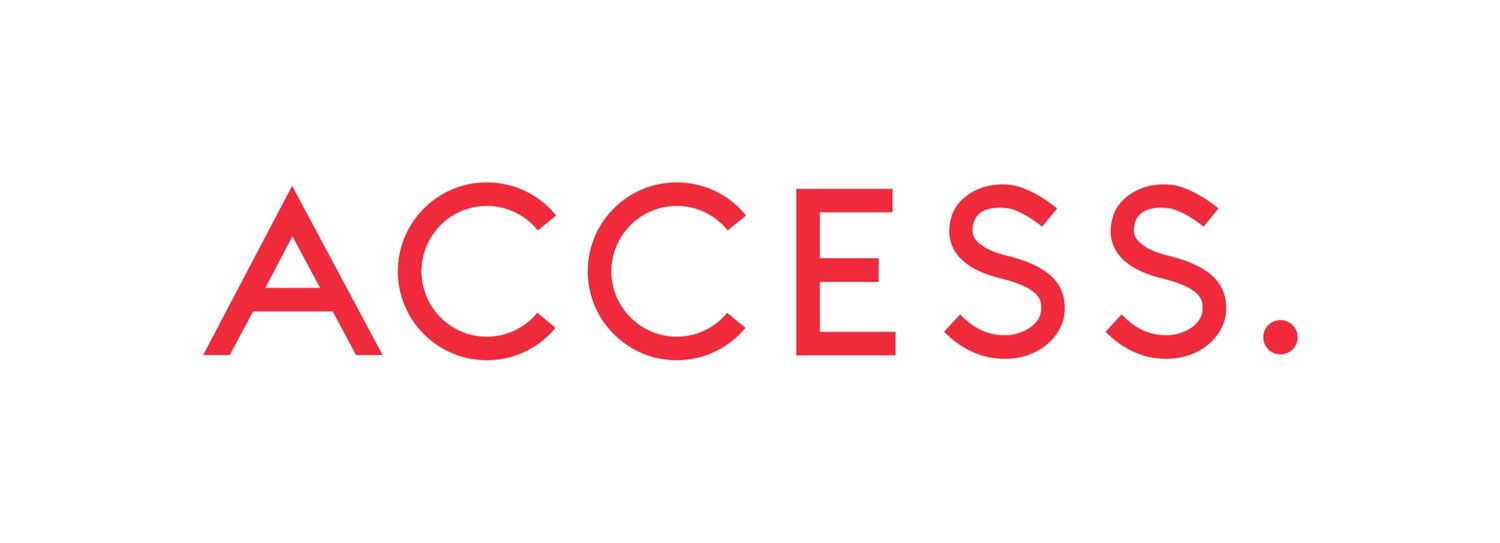City-wide parking levy to fund city services and shape mobility in Canada’s largest city
The City of Toronto continues exploring a range of revenue tools to address significant budget shortfalls expected over the coming decade. The City commissioned Access Planning to advise and recommend an approach to implement one revenue tool, a Commercial Parking Levy.
Access Planning led all aspects of this project, leveraging our extensive experience in structured decision-making and municipal policy development to deliver a comprehensive report on the policy and implementation of a Commercial Parking Levy. Our tasks included:
Defining the policy basis for the levy, ensuring alignment with city-wide objectives around climate action, sustainable transportation, and compact development;
Developing design principles to guide the evaluation of options and components for the levy structure;
Recommending a structural design for the levy, including considerations for exemptions for specific commercial properties;
Proposing levy rates designed to generate revenue aligned with the City’s long-term financial needs;
Outlining implementation considerations to support the smooth deployment of the levy.
Our team recommended a city-wide application of the levy, encompassing all public and private parking facilities—whether fee-paid or not—above a defined area threshold. The proposed rate structure emphasized simplicity and fairness by applying a flat rate broadly across eligible properties.
To inform decision-making, we employed structured decision-making techniques, such as strategy tables, to evaluate components, identify trade-offs, and design a balanced levy approach. This work was delivered within two months to meet Council directives, resulting in a right-sized, practical strategy.
Our report and recommendations served as the foundation for a City of Toronto staff report presented to the Executive Council, shaping the roadmap for potentially implementing a Commercial Parking Levy in 2025.
-
Toronto
-
City of Toronto
-
2024
-


